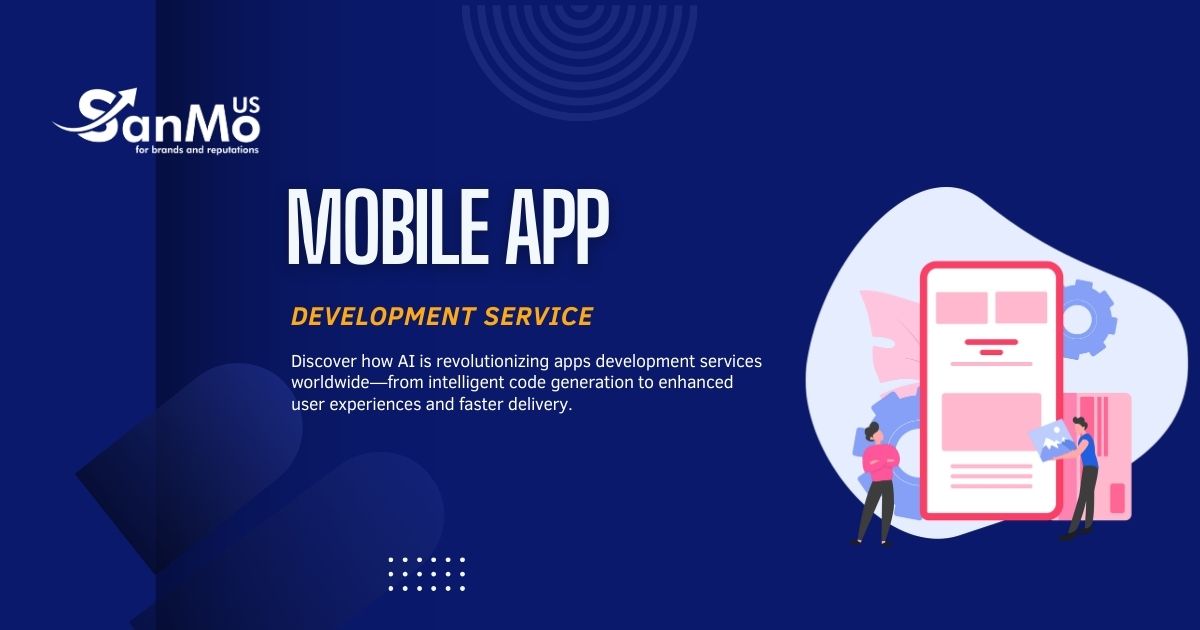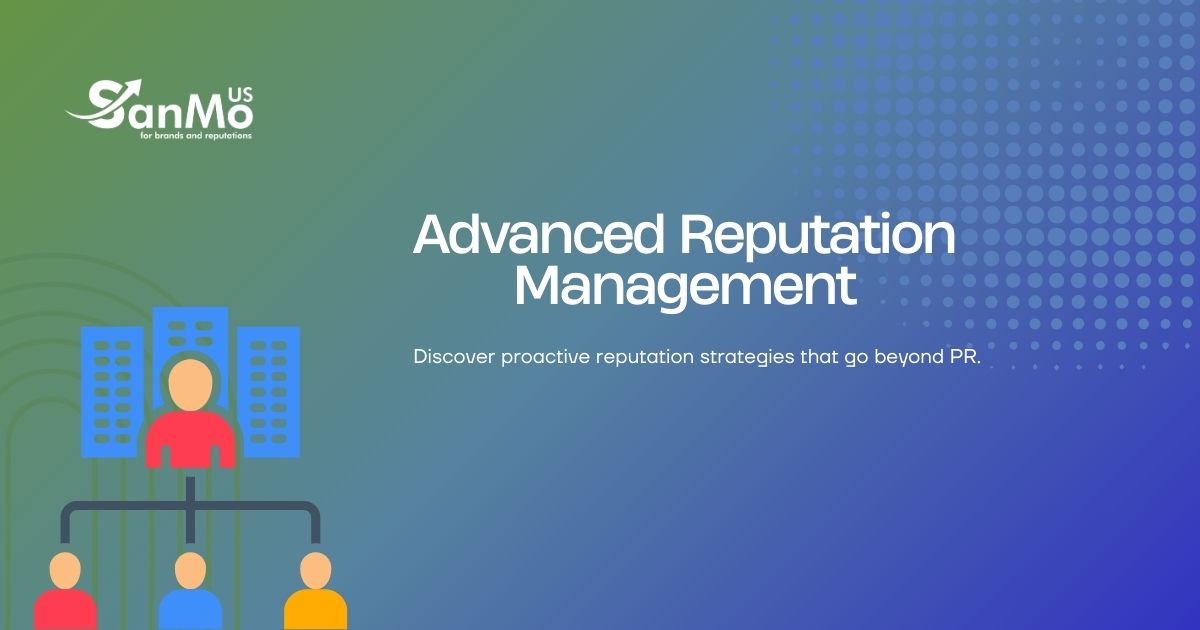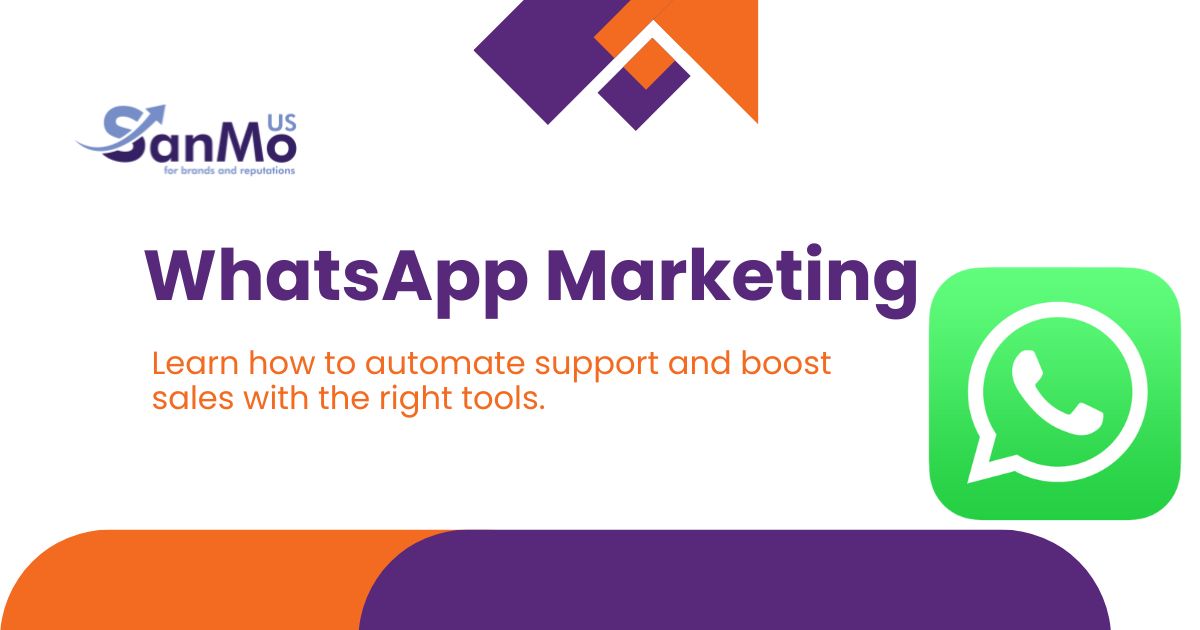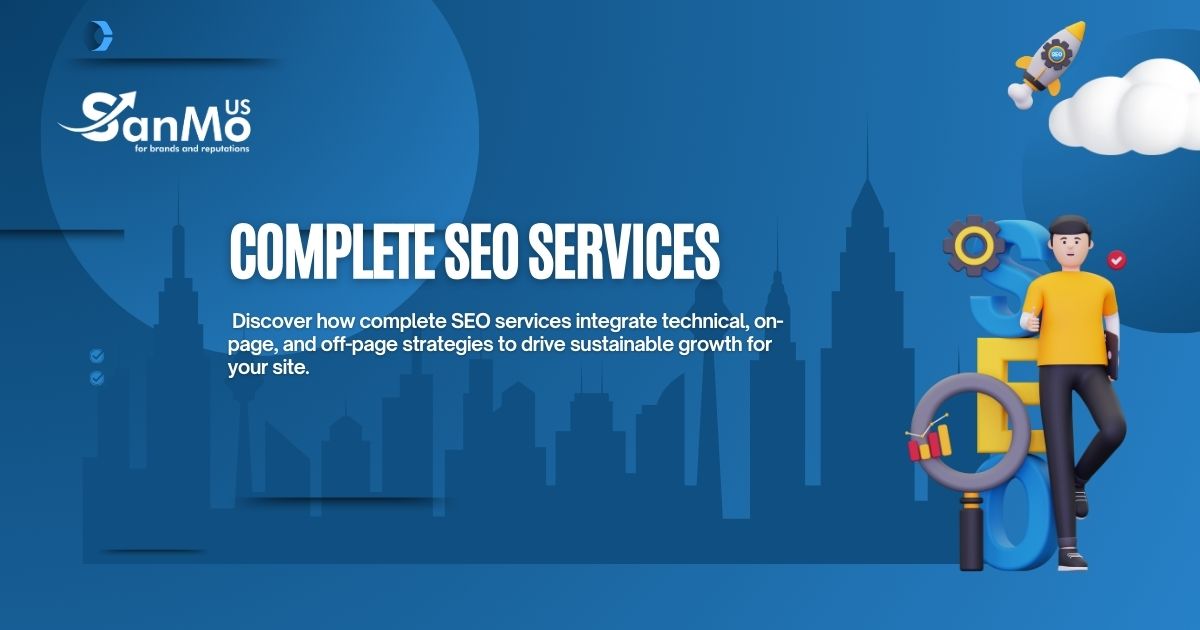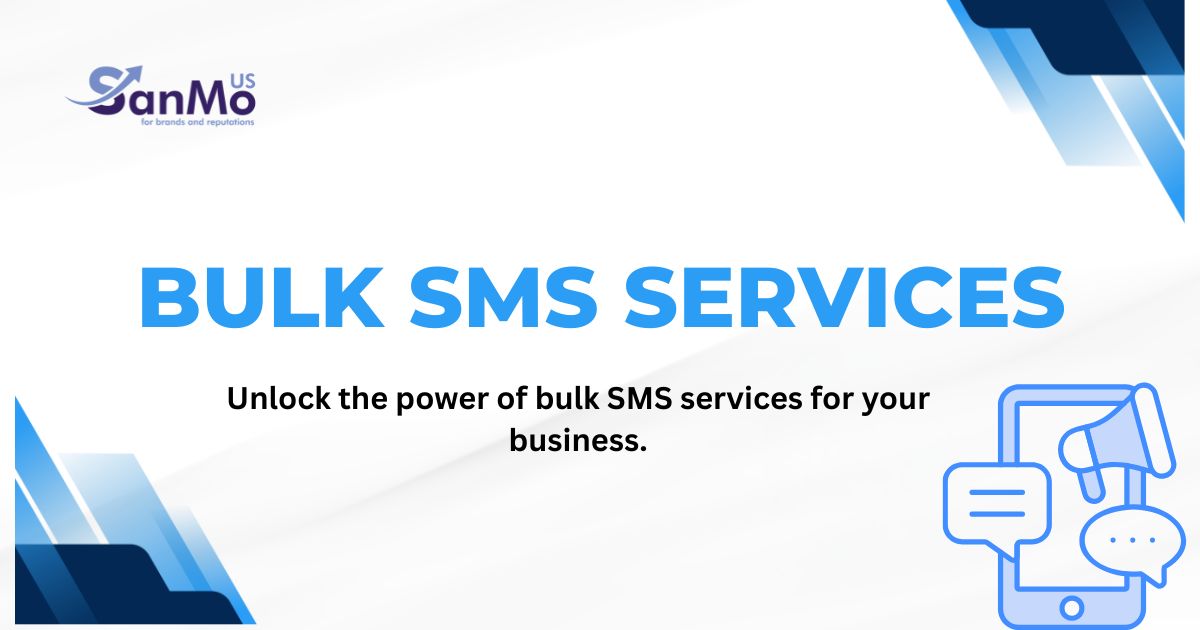Mobile applications have become an indispensable tool for modern businesses. From streamlining internal operations to engaging directly with customers, a well-crafted app can unlock significant growth and create a powerful competitive edge. Yet, the journey from a great idea to a successful app is complex. It requires technical expertise, strategic planning, and a deep understanding of user needs. This is where professional app development services come in.
Choosing the right development partner is one of the most critical decisions you’ll make. The quality of your app, its performance, and its ultimate success in the market all hinge on the skills and experience of the team you work with. A top-tier provider does more than just write code; they act as a strategic partner, guiding you through the entire process, from initial concept to post-launch support.
This guide explores the world of professional app development services. We will look at what makes a development service stand out, the different types of services available, and how to identify the best partner for your specific business needs. By understanding these key elements, you can make an informed decision that sets your project up for success and helps transform your business.
What Are App Development Services?

App development services encompass the complete process of designing, building, launching, and maintaining a mobile application. This is a multi-stage journey that requires a diverse team of specialists, including project managers, UI/UX designers, developers, and quality assurance testers. The goal is to create a functional, user-friendly, and reliable application that meets specific business objectives.
A professional agency handles all the technical heavy lifting, allowing you to focus on your core business strategy. They bring a structured approach to the project, ensuring that every phase is managed efficiently and that the final product aligns with your vision.
Key Stages of App Development
The development process is typically broken down into several distinct phases:
- Discovery & Strategy: This initial phase involves understanding your business goals, defining the target audience, analyzing competitors, and outlining the app’s core features and functionality. The outcome is a detailed project plan and a clear roadmap for development.
- UI/UX Design: Designers create the visual layout (UI) and the overall user experience (UX) of the app. This involves creating wireframes, mockups, and prototypes to ensure the app is intuitive, engaging, and easy to navigate.
- Development & Coding: This is where the app is actually built. Developers write the code for the front-end (what the user sees) and the back-end (the server-side logic and database). This phase is often the longest and most resource-intensive.
- Testing & Quality Assurance (QA): Before launch, the app undergoes rigorous testing to identify and fix bugs, performance issues, and usability problems. QA testers ensure the app works flawlessly across different devices and operating systems.
- Deployment & Launch: Once the app is stable and approved, it is submitted to the app stores (like the Apple App Store and Google Play Store) for review and publication.
- Post-Launch Maintenance & Support: Development doesn’t end at launch. Ongoing maintenance is crucial for fixing new bugs, updating the app for new OS versions, and adding new features based on user feedback.
The Different Types of App Development Services
Not all apps are built the same way. The technology and approach used will depend on your specific needs, budget, and target audience. Here are the main types of app development services you’ll encounter.
Native App Development
Native apps are built specifically for a single platform, either iOS (using Swift or Objective-C) or Android (using Kotlin or Java). Because they are designed for a particular operating system, they can fully leverage the device’s hardware and features, such as the camera, GPS, and push notifications.
Benefits:
- Optimal Performance: Native apps are fast, responsive, and provide the best user experience.
- Full Feature Access: They can access all device features without limitations.
- Greater Security: They benefit from the platform’s built-in security measures.
Hybrid App Development
Hybrid apps are built using web technologies like HTML, CSS, and JavaScript, and then wrapped in a native container. This allows them to be deployed on both iOS and Android platforms from a single codebase. Frameworks like React Native, Flutter, and Ionic are commonly used for hybrid development.
Benefits:
- Cost-Effective: Building one app for multiple platforms saves time and money.
- Faster Development: A single codebase speeds up the development process.
- Wider Audience Reach: You can easily launch on both major app stores simultaneously.
Web App Development
A web app, or a Progressive Web App (PWA), is a website that looks and feels like a native mobile app. It runs in a web browser but can offer features like push notifications and offline access. Users can access it directly through a URL and can add it to their home screen without needing to download it from an app store.
Benefits:
- No Installation Required: Users can access it instantly without any downloads.
- Platform Independent: It works on any device with a web browser.
- Easier Updates: Updates are deployed to the server and are immediately available to all users.
Finding the Right Development Partner for Your Business
With so many providers offering apps development services, choosing the right one can be challenging. Here are some key factors to consider when evaluating potential partners.
Review Their Portfolio and Case Studies
A reputable agency will have a strong portfolio of past projects. Look for apps they have built that are similar to your concept in terms of complexity, industry, or functionality. Case studies can provide deeper insights into their process, the challenges they faced, and the results they achieved for their clients.
Check Client Testimonials and Reviews
What do their past clients say about them? Look for testimonials on their website and check third-party review platforms like Clutch or GoodFirms. Honest feedback from previous customers can give you a clear picture of their reliability, communication, and overall quality of work.
Evaluate Their Technical Expertise
Ensure the agency has expertise in the technologies required for your project. Whether you need a native iOS app, a cross-platform hybrid solution, or a complex back-end system, their team should have the necessary skills. For example, a provider like SanMo US highlights its expertise across various platforms, demonstrating a versatility that can be crucial for businesses with diverse needs.
Understand Their Development Process
Ask potential partners to walk you through their development methodology. Do they use an Agile approach, allowing for flexibility and iterative feedback? How do they handle project management and communication? A transparent and structured process is a sign of a professional and organized team.
Assess Communication and Collaboration
Effective communication is the cornerstone of a successful project. Your development partner should be responsive, transparent, and collaborative. They should feel like an extension of your own team, working with you toward a shared goal.
The Future is Mobile

Investing in high-quality app development services is no longer a luxury; it’s a necessity for businesses looking to thrive. A well-designed mobile application can enhance customer engagement, streamline operations, and open up new revenue streams. By carefully selecting a development partner that aligns with your vision and has a proven track record of success, you can turn your app idea into a powerful business asset.
If you are ready to start your app development journey, take the time to research your options, ask the right questions, and choose a partner who can help you navigate the complexities of the process. Companies like SanMo US offer the comprehensive services and expertise needed to build top-tier applications that deliver real business value.


